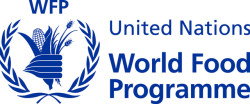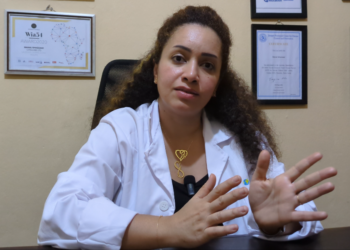By Janet Sam-Kobba
The South Korean government through the United Nations World Food Program (UNWFP) has donated 11,520 metric tons of rice to four countries in Africa, including Sierra Leone.
The donation is meant to meet the urgent food and nutrition needs of 81,600 Malian refugees and 287,000 school going children in Guinea Bissau, Mauritania and Sierra Leone.
The donation is highly crucial, coming amid rising humanitarian crises across the world, which have left millions of families barely able to meet their basic food and nutrition needs due to factors relating to climate crisis, conflicts, insecurity and high cost of living.
The March 2024 Cadre Harmonise food security analysis states that 2.3 million men, women and children are faced with severe hunger crisis in all three countries during the June – August lean season.
The Director at the Ministry of Agriculture, Food and Rural Affairs (MAFRA) in South Korea, Yongho Jung, expressed joy about the donation, underscoring the fact that the rice assistance has doubled, noting that for the first time they are donating rice to three countries in West Africa.
“I’m pleased that this year, the rice assistance of the Republic of Korea has doubled and for the first time, we’re supporting three countries in West Africa with Korean rice,” he said.
Sierra Leone, though with a population of slightly over 8 million people, suffer from severe hunger crisis due to external factors like the Ukraine crisis, Covid-19 pandemic and macroeconomic decline. The Korean donation came at a time when hunger is on the rise in the country. The donation will in supporting the Sierra Leone government’s efforts to rectify food and nutrition needs of 106,700 students in 494 primary schools nationwide, according to a statement issued by WFP.
WFP Country Representative in Sierra Leone, Yvonne Forsen, described the Korean donation as an act of generosity.
“This act of generosity exemplifies the spirit of international cooperation and compassion that lies at the core of the World Food Program’s mission,” she said.
School meals are a key performance indicator that aids vulnerable families and provide a significant motivation for parents to be able to keep their kids in school. It helps to boost student’s attentiveness in class and also helps to eradicate student dropouts. As things are gradually going back to normalcy following the Covid -19 pandemic, these meals play a crucial role in increasing retention, while at the same time improve children’s nutrition.
According to the Global Hunger Index (GHI), in 2023 Sierra Leone ranked 116th out of 125 countries with adequate data to calculate the 2023 GHI scores and the country scored 31.3, which indicates that it has a serious level of hunger.
The WFP Sierra Leone Country office February 2024 report indicates that 82 percent of the country’s population are food insecure, among which 18 percent of households are gravely food insecure. This report also shows that 82.3 percent of people are food insecure, 26.2 percent of children with stunted growth due to malnutrition. And there are about 301,000 children receiving school meals each day.
Janet Sam-Kobba is an intern at ManoReporters and she is a final year student at the Mass Communication Department at Central University in Mile 91.






















